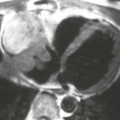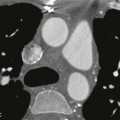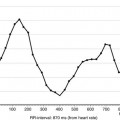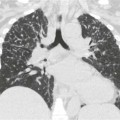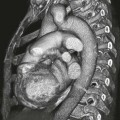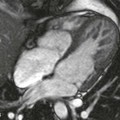
The recombinant antibody global market has grown exponentially in the last decade. It is estimated that it will reach USD 23.34 billion by 2033.
This growth is largely driven by the increasing number of recombinant antibodies in treating complex diseases like Cancer, Autoimmune diseases, and Neurlogical disorders.
As antibody technology keeps improving, it is becoming clearer that these treatments have the potential to improve healthcare.
Researchers and clinicians alike are finding new ways to use the precision, effectiveness, and flexibility of these antibodies to develop medical solutions.
Let’s learn about how these antibodies shape the future of advanced therapeutic approaches.
What Are Recombinant Antibodies?
Recombinant antibodies are special types of Recombinant proteins created using phage-display, which helps create a collection of antibodies that can recognize and attach to specific targets. These antibodies are designed to strongly attach to certain allergens, making them useful for treating diseases like cancer or infections and for medical tests.
Key Benefits Over Traditional Antibodies
They offer numerous advantages over traditional methods:
- They can be engineered to target very specific antigens, reducing off-target effects.
- Large quantities can be produced in mammalian or bacterial cell systems.
- They can be tailored for cancer immunotherapy, autoimmune disease treatment, or diagnostic testing.
Recombinant Antibodies in Immunotherapy
Immunotherapy uses the body’s immune system to fight diseases. These antibodies help modulate the immune system to target specific disease cells, enhancing the immune response to cancers, infections, and autoimmune diseases.
Recombinant Antibodies in Cancer Therapy
Cancer remains one of the most challenging diseases to treat; nearly 1 in 5 people develop cancer in their lifetime. Chemotherapy and radiation are the traditional cancer treatments that improve the survival rates and quality of life for patients.
In fact, introducing recombinant antibodies has also paved the way for the future as they offer a targeted, more precise solution.
These engineered antibodies can specifically recognize and bind to cancer cells, delivering treatments directly to the tumor while sparing healthy tissue.
According to a study, the addition of trastuzumab (a recombinant monoclonal antibody), when added to chemotherapy for HER2-positive metastatic breast cancer, significantly improved clinical outcomes.
The study found:
- Median survival increased from 20.3 months to 25.1 months (a 4.8-month improvement).
- Response rate improved from 32% to 50%.
- 1-year survival rate improved from 67% to 78%.
These findings show the transformative power of these antibodies in enhancing survival and reducing death rates in cancer treatment.
Recombinant Antibodies in Infectious Disease
In low and middle-income countries (LMICs), five infectious diseases are among the top ten leading causes of death:
- Lower respiratory infections (3.4 million deaths)
- HIV/AIDS (2.6 million deaths)
- Diarrheal diseases (1.8 million deaths)
- Tuberculosis (TB) (1.6 million deaths)
- Malaria (1.1 million deaths)
Traditional treatment options such as antibiotics, antivirals, and vaccines have made significant progress in managing infections, but the rise of:
- Antibiotic resistance
- Emerging pathogens
- Chronic infections
Continue to pose significant public health threats.
This is where recombinant antibodies come into play. They offer a more targeted and precise approach to treating infectious diseases with fewer side effects. These antibodies recognize and bind to pathogens, preventing them from entering host cells or neutralizing them directly.
The Bottom Line
The future of recombinant antibodies looks very promising. These advanced therapies can do things that regular drugs often can’t. They are designed to offer targeted and precise treatments for many diseases. These antibodies will remain at the forefront of medical innovation as technology improves.
Stay updated, free articles. Join our Telegram channel

Full access? Get Clinical Tree


